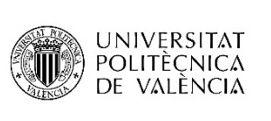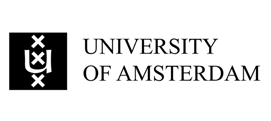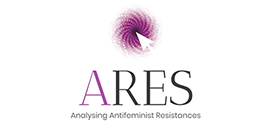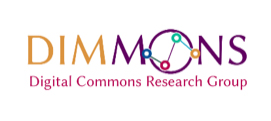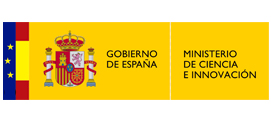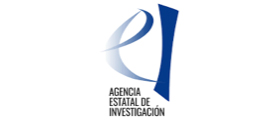
Editing rules
Guidelines for different types of participation.
Posters:
- The selected posters will be exhibited by the authors in the Cloister of the University of Deusto during coffee breaks.
- The deadline for submitting the Poster will be June 1, 2024.
- Announcement of the selected posters: June 5, 2024
- The themes of the posters must be related to the themes of the congress and may be completed or still ongoing research that has been obtained
- Scientific contributions will be sent in PowerPoint format for evaluation.
- Only a maximum of three authors may be included per scientific contribution, who will have both surnames followed by the initial or initials of the name.
- The length of the work will be a maximum of 300 words (excluding bibliography, title, and authors), which graphs and figures may accompany. Different layout formats are accepted.
- To obtain the certificate, the Poster must be accepted by the Scientific Committee and at least one of the authors must be registered for the Congress.
- Authors will have 10-15 minutes to present their work.
Papers:
To submit a paper to an international congress, follow these general instructions:
Review Process:
- All papers will undergo a peer review process. Reviewers will provide a clear statement of recommendation for each paper, along with detailed comments to support their recommendation.
Paper Submission:
- Ensure that the paper meets the language and formatting requirements, such as the use of a specific font, page size, word limit, and file format:
- Abstracts: maximum 350 words.
- Five keywords
- APA 7th edition
- The length of the originals, including all sections, will be around 4,000 to 5,000 words. Bibliography, notes, tables and graphs will not be counted in this amount.
- The structure of the text should be articulated as follows: a) Introduction, objectives, and justification; b) Methodology; c) Results; d) Conclusions; e) Discussion (optional), and f) References.
- Only 3 tables and 3 images and/or graphs are allowed.
- Submit the paper to antifeminstresistances@gmail.com, stating “Publication Proposal.”
- Submission of abstracts: From February 1 to May 22, 2024
- Announcement of the selected papers for publication: June 3, 2024
- Congress: June 17-18-19, 2024
- Submission of final paper: From November 2024
- Publication: December, 2024-January, 2025
Compliance:
- Ensure that the paper has not been published elsewhere and that there are no potential conflicts of interest.
- If accepted, submitting an abstract or paper constitutes a formal commitment to present the work at the congress.
- Await the outcome of the review process, and if the paper is accepted, follow the further instructions provided by the congress organizers.
- You can modify the title of the final text concerning the title of the paper, but under no circumstances may the contents or object of the investigation be modified after acceptance.
- You can partially modify the proposed structure if the nature of your research requires it, although we recommend the minimum possible modifications. The maximum file size that can be uploaded to the platform is 10 Mb. If your document is more extensive, check the resolution of the images (100 dpi is sufficient for a digital edition). Check the dates and deadlines section of this website for the expected publication date of the collective book and the conference proceedings, as well as the date of availability of the certificate of participation in the collective book of chapters.
WARNING
Sending proposals for publication as book chapters implies acceptance and compliance with their rules and delivery times. The Scientific Committee can reject and, therefore, will not be published (informing those affected) proposals that:
- Do not explore the themes of the congress
- do not meet the length requirements (4000-6000 words)
- do not follow the structure and formal aspects of the template provided on the website
- do not meet delivery deadlines
- involve total or partial plagiarism from other publications; various anti-plagiarism tools will be used, setting reasonable margins and analyzing cases that exceed these margins
- do not follow the peer review process to the end.

